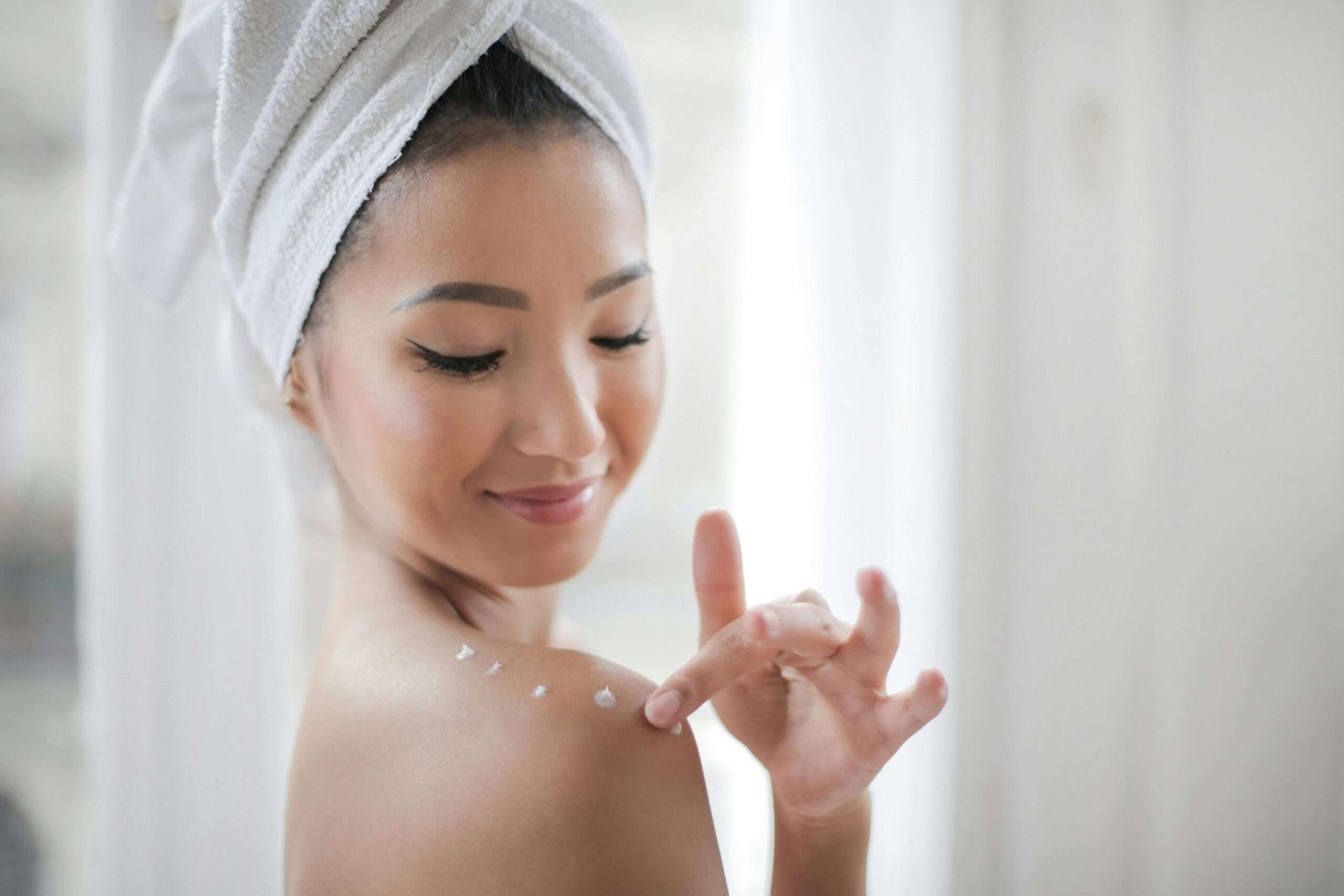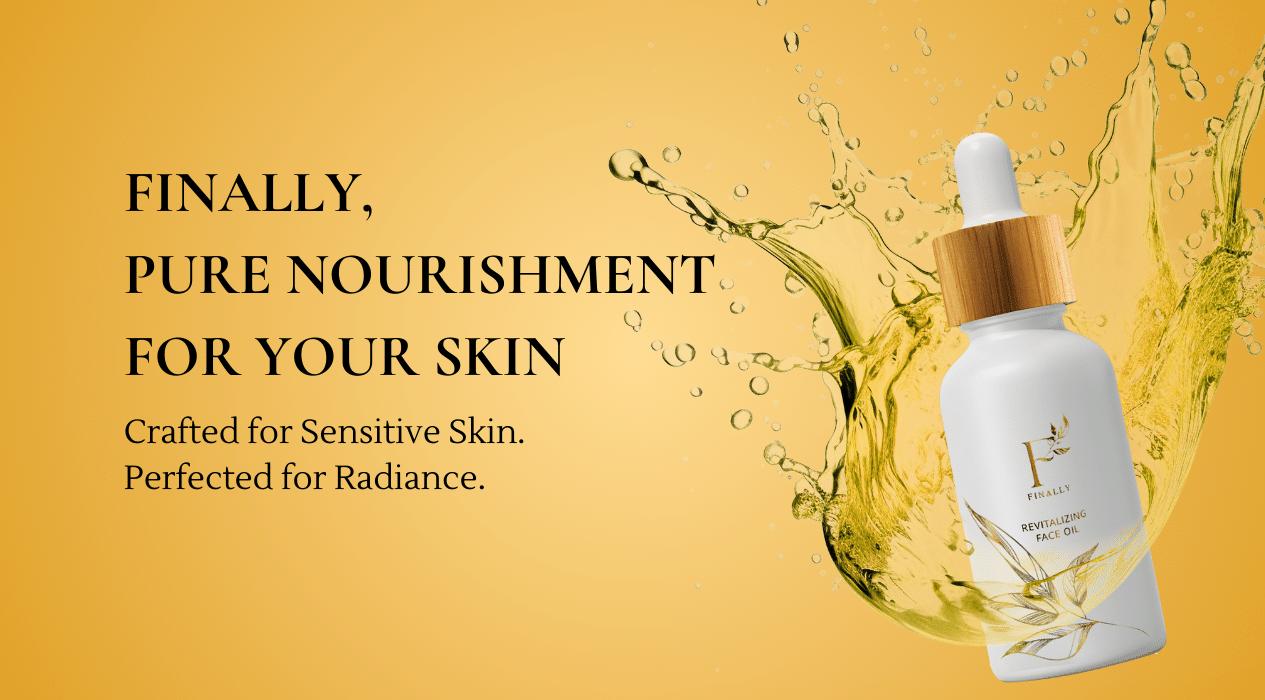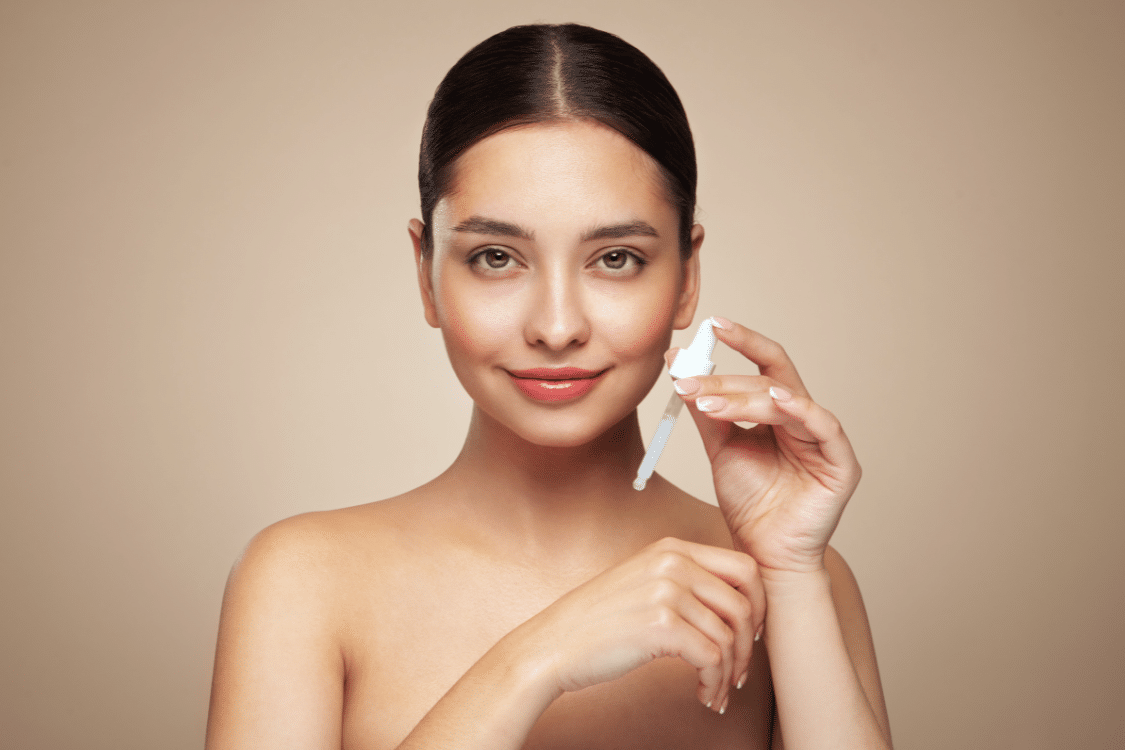We often hear about the harmful effects of sugar on our overall health, from weight gain to an increased risk of diabetes. However, one aspect usually overlooked is how sugar can damage our skin. As the largest organ in the body, our skin is directly affected by what we consume, and sugar is one of the biggest culprits in skin damage. Let’s learn how sugar harms your skin and some ways to reduce high sugar levels in your body that will improve your skincare routine.
How Sugar Damages the Skin
The primary way sugar harms the skin is through a process called glycation. When we consume sugar, it enters the bloodstream and attaches to proteins, forming harmful molecules called Advanced Glycation End Products (AGEs). These AGEs damage collagen and elastin, the proteins that keep your skin firm and youthful. Here’s a closer look at how this process affects your skin:
Premature Aging
Collagen and elastin are crucial for maintaining the skin’s structure and elasticity. When AGEs damage these proteins, your skin loses its firmness and elasticity, resulting in fine lines, wrinkles, and sagging skin. High sugar intake speeds up the aging process, making your skin look older than it actually is.
Dull Skin Tone
AGEs can also hinder the natural repair processes in your skin, leading to a dull, lackluster complexion. When your skin’s collagen is compromised, it can’t effectively renew itself, leaving you with a tired and uneven skin tone.
Increased Acne
Sugar spikes your insulin levels, leading to inflammation throughout your body. This inflammation can worsen skin conditions like acne or eczema. High sugar levels also trigger excess oil production, leading to clogged pores and more frequent breakouts.
Weakened Skin Barrier
The skin barrier is the body’s first defense against bacteria and external environmental factors such as heat and pollution. Sugar-induced inflammation weakens this barrier, making your skin more vulnerable to infections, irritations, and environmental damage.
Your Attractive Heading
Now that you understand how sugar can wreak havoc on your skin, let’s explore practical ways to reduce high sugar levels. Lowering your sugar intake can improve your overall health and rejuvenate your skin.
Cut Down on Sugary Drinks
Sugary beverages like soda, fruit juices, and energy drinks are some of the largest contributors to high sugar levels. These added sugars can cause a rapid spike in blood sugar. Replacing these with water, herbal teas, or other low-sugar alternatives can significantly reduce your daily sugar intake.
Read Food Labels
Many processed foods contain hidden sugars under various names, like high fructose corn syrup, sucrose, or glucose. Being vigilant about reading food labels can help you avoid these sneaky sources of sugar. Opt for whole, unprocessed foods that have naturally low sugar content.
Choose Complex Carbohydrates
Unlike simple carbohydrates (like white bread and pastries) that break down quickly into sugar, complex carbohydrates (like whole grains, vegetables, and legumes) break down slowly, causing a gradual rise in blood sugar. Complex carbohydrates help prevent insulin spikes and keep your skin healthier.
Increase Fiber Intake
Fiber slows down the absorption of sugar into the bloodstream, helping to keep your blood sugar levels stable. Foods like fruits, vegetables, whole grains, and legumes are high in fiber and can help control sugar levels effectively.
Exercise Regularly
Physical activity helps your body use insulin more efficiently, which helps keep your blood sugar levels in check. Regular exercise also improves circulation, which is essential for delivering nutrients to your skin and removing waste products.
How Reducing Sugar Improves Your Skincare
By reducing sugar in your diet, you can see significant improvements in your skin’s health and appearance. Here’s what you can expect:
Youthful Appearance
With less sugar in your system, your body produces fewer AGEs, allowing your collagen and elastin to remain intact. This results in fewer wrinkles, less sagging, and a more youthful appearance.
Brighter Skin
As collagen production stabilizes, your skin will regain its ability to renew more effectively. This leads to a brighter, more even skin tone with a natural glow.
Fewer Breakouts
Reducing sugar intake means fewer insulin spikes and less inflammation, which can reduce the frequency and severity of acne breakouts. You’ll likely notice clearer skin with fewer blemishes.
Stronger Skin Barrier
Lower inflammation levels strengthen your skin barrier, making it more resilient to external irritants and environmental damage. This means your skin will be better protected against pollutants, bacteria, and other harmful factors.
Improved Hydration
High sugar levels can lead to dehydration, which shows up on your skin as dryness and flakiness. By reducing sugar, your body will retain moisture better, leading to more hydrated and supple skin.
Conclusion
Sugar might be sweet to taste, but its effects on your skin are anything but. From premature aging to increased acne, sugar can cause significant damage to your skin. However, by making conscious choices to reduce sugar in your diet, you can protect your skin from these harmful effects and achieve a healthier, more radiant complexion. Reducing sugar isn’t just about cutting out desserts; it’s about making mindful dietary choices that benefit your overall health and, consequently, your skin.
Embrace these changes, and your skin will thank you with a youthful, vibrant glow that reflects your Finally All Natural beauty.




